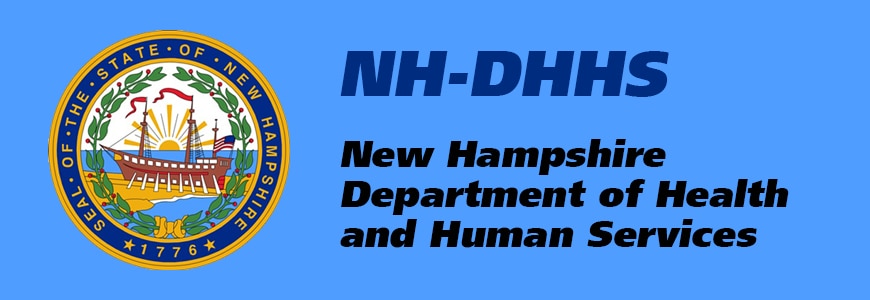Concord, NH – The New Hampshire Department of Health and Human Services (DHHS) has issued the following summary of today’s press briefing.
On March 8, DHHS held a press briefing to discuss the two new presumptive positive cases of COVID-19, one in Rockingham County and one in Grafton County. State Epidemiologist Dr. Benjamin Chan and Beth Daly, Chief of the Bureau of Infectious Disease Control discussed the COVID-19 investigation in New Hampshire and steps residents can take to limit further spread of the coronavirus in the state.
Summary of Dr. Chan’s remarks
- Since Monday, March 2, the State Public Health Laboratories has conducted 47 COVID-19 tests. Approximately half of these were tested on Saturday, March 7.
- There are now four cases of COVID-19 in the State. The first two presumptive positive cases identified last week have been confirmed by the U.S. Centers for Disease Control and Prevention (CDC). Results are currently pending for 5 tests. There have been 38 tests that were negative. Approximately 150 persons across the state are monitoring their health.
- The two most recent presumptively positive results will need confirmatory testing at the CDC. Both individuals are isolated and staying home. Household and close contacts are being advised to self-quarantine and stay home.
- These new cases broaden the COVID-19 investigation.
- These new positive detections will continue to raise concerns in our communities. Officials with the Division of Public Health Services are working with communities, hospitals, and public health partners to prevent further community transmission.
- The coronavirus can spread very easily from person to person, primarily through spread of respiratory droplets (e.g. coughing and sneezing) from a person who is infected.
- The primary driver of this global epidemic is people who are having symptoms and infected with COVID-19. People who have contracted the virus can spread it very early in the course of their illness when symptoms may be mild.
- Because of the way this virus spreads, people who are having flu-like symptoms such as fever, respiratory illness, or muscle aches should practice social distancing and stay home until symptoms end.
- DHHS will provide updates on the investigation, especially any new settings of potential exposure that needs public notification.
Summary of Beth Daly’s remarks
- DHHS and healthcare partners have been preparing for this type of novel respiratory virus for many years. This includes planning for an influenza pandemic. These plans are readily adapted for COVID-19.
- Among the most important preparedness activities is ensuring the State’s capacity to identify a suspected case of COVID-19. DHHS has provided guidance to our healthcare providers on patient screening and triage in order to identify a potential case, isolate the person appropriately, and to inform DHHS. This system has ensured the ability to identify potential cases.
- There is also specific written guidance for long-term care facilities, schools and businesses to support COVID-19 preparedness. Businesses are encouraged to support their employees to stay home when ill.
- Working with our partners, we are planning for potential community transmission in NH. We continue to maintain daily communications with federal, state, and local partners to continue our preparedness and response efforts.



